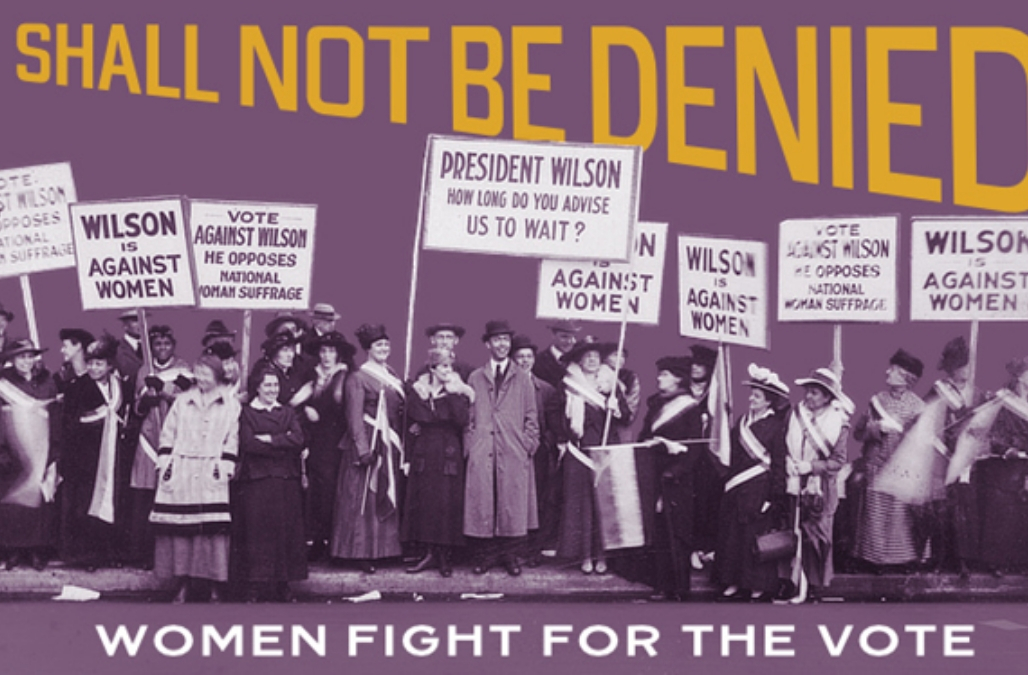
We Shall Not Be Denied
March 11, 2020
Managing Loneliness and Isolation while Working Remotely (Part One)
May 7, 2020By following a few simple rules and clear sample
situations of the principles, you can learn to choose wisely.
1. Identify Your Goal
As David Welch, Ph.D., said “People who aren’t self-reflective are going to end up making bad decisions because they don’t really know what they want in the first place. Don’t make a decision based on the wrong problem.
2. Eliminate Choices By Setting Standards
If you’re trying to purchase a phone, list the features you’ll actually use. Any phone that has them is therefore good enough for you; ignore anything fancier or pricier.
3. Don’t Worry About Finding the “Best.”
How good you feel about your decisions is usually more important than how good they are objectively.
4. Be Aware of Predispositions
They can lead smart people to make foolish decisions. For example, we hate to lose more than we like to win, which can result in behavior such as holding on to a tanking stock instead of accepting a loss. And we’re susceptible to how information is framed—a “cash discount” is more appealing than “no credit card surcharge.” Keeping these biases in mind can help you think clearly and make better decisions.
5. Try Not to Rush
People tend to make poorer choices when they’re in a bad mood or under a lot of stress. When facing a complex decision, use your conscious brain to gather the information you need, and then take a break. Give your unconscious mind some time to do its work. The decision you make afterward is more likely to be the right one.
6. Don’t Sweat the Small Stuff
When possible, eliminate the need for decisions by establishing rules for yourself. You will go to yoga every weekend. You will buy whatever paper towel that is on sale.
7. Do a Postgame Analysis
Connect with us on social media and at info@richlineagency.com for more support on making healthy decisions.
Photo credit: Christina @ wocintechchat.com on Unsplash
